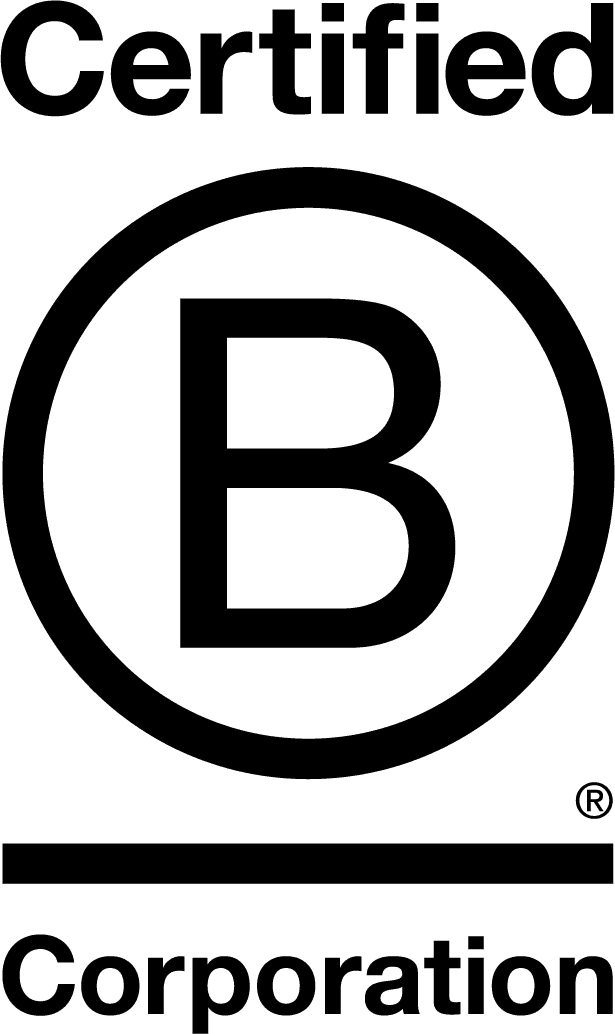

Natural Extracts Industries Ltd

1.6
Kilimanjaro Region, Tanzania
November 2025
Agricultural Processing
Agriculture/Growers
France,
Tanzania,
Uganda,
United States
Natural Extracts Industries Ltd Contributing to East Africa’s rise as a global hub for naturally derived industrial ingredients. As a social enterprise, we aim to maximise our business performance for more positive impact on people and the planet. Our teams in East Africa work together to meet global demand for high-quality natural vanilla extracts and cocoa that are responsibly sourced, while contributing to equitable and sustainable growth that supports local communities. Because, like us, our industrial B2B customers – whether flavour houses or food manufacturing companies – are increasingly committed to combining value and values. For NEI, helping transform East Africa into a hub for natural-origin industrial ingredients means empowering smallholder farmers, promoting agricultural practices like regenerative farming and creating high-value local employment across research, development and operations. In East Africa. For East Africa.
Overall B Impact Score
Governance 8.9
Governance evaluates a company's overall mission, engagement around its social/environmental impact, ethics, and transparency. This section also evaluates the ability of a company to protect their mission and formally consider stakeholders in decision making through their corporate structure (e.g. benefit corporation) or corporate governing documents.
What is this? A company with an Impact Business Model is intentionally designed to create a specific positive outcome for one of its stakeholders - such as workers, community, environment, or customers.
Workers 25.9
Workers evaluates a company’s contributions to its employees’ financial security, health & safety, wellness, career development, and engagement & satisfaction. In addition, this section recognizes business models designed to benefit workers, such as companies that are at least 40% owned by non-executive employees and those that have workforce development programs to support individuals with barriers to employment.
Community 39.3
Community evaluates a company’s engagement with and impact on the communities in which it operates, hires from, and sources from. Topics include diversity, equity & inclusion, economic impact, civic engagement, charitable giving, and supply chain management. In addition, this section recognizes business models that are designed to address specific community-oriented problems, such as poverty alleviation through fair trade sourcing or distribution via microenterprises, producer cooperative models, locally focused economic development, and formal charitable giving commitments.
What is this? A company with an Impact Business Model is intentionally designed to create a specific positive outcome for one of its stakeholders - such as workers, community, environment, or customers.
Environment 41.1
Environment evaluates a company’s overall environmental management practices as well as its impact on the air, climate, water, land, and biodiversity. This includes the direct impact of a company’s operations and, when applicable its supply chain and distribution channels. This section also recognizes companies with environmentally innovative production processes and those that sell products or services that have a positive environmental impact. Some examples might include products and services that create renewable energy, reduce consumption or waste, conserve land or wildlife, provide less toxic alternatives to the market, or educate people about environmental problems.
What is this? A company with an Impact Business Model is intentionally designed to create a specific positive outcome for one of its stakeholders - such as workers, community, environment, or customers.
Customers 4.5
Customers evaluates a company’s stewardship of its customers through the quality of its products and services, ethical marketing, data privacy and security, and feedback channels. In addition, this section recognizes products or services that are designed to address a particular social problem for or through its customers, such as health or educational products, arts & media products, serving underserved customers/clients, and services that improve the social impact of other businesses or organizations.